Books
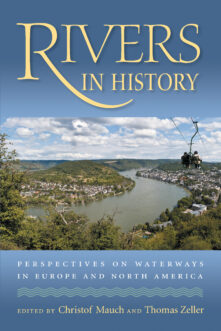
Rivers in History
Perspectives on Waterways in Europe and North America
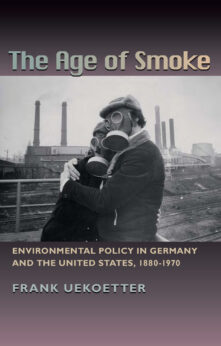
The Age of Smoke
Environmental Policy in Germany and the United States, 1880-1970
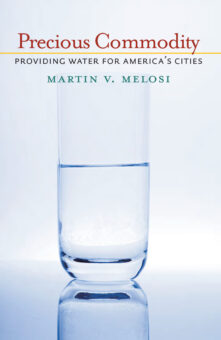
Precious Commodity
Providing Water for America's Cities
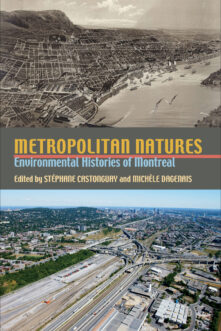
Metropolitan Natures
Environmental Histories of Montreal
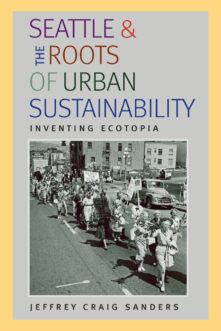
Seattle and the Roots of Urban Sustainability
Inventing Ecotopia
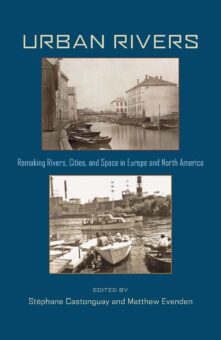
Urban Rivers
Remaking Rivers, Cities, and Space in Europe and North America
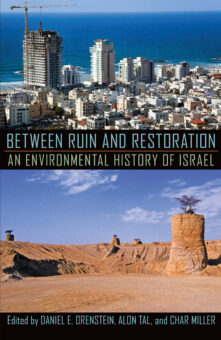
Between Ruin and Restoration
An Environmental History of Israel
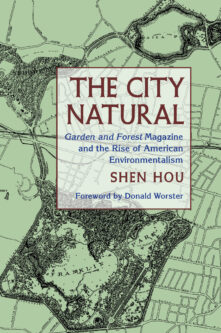
The City Natural
Garden and Forest Magazine and the Rise of American Environmentalism
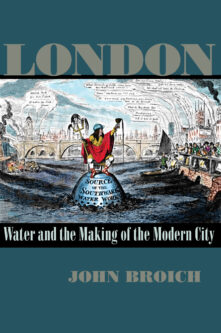
London
Water and the Making of the Modern City
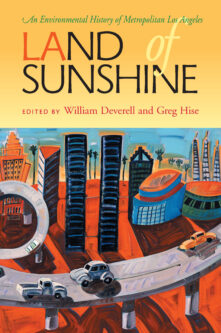
Land of Sunshine
An Environmental History of Metropolitan Los Angeles
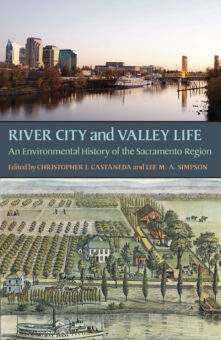
River City and Valley Life
An Environmental History of the Sacramento Region
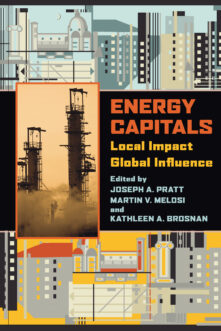
Energy Capitals
Local Impact, Global Influence
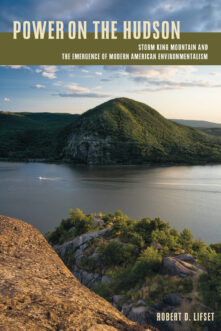
Power on the Hudson
Storm King Mountain and the Emergence of Modern American Environmentalism
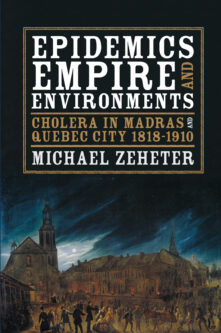
Epidemics, Empire, and Environments
Cholera in Madras and Quebec City, 1818–1910
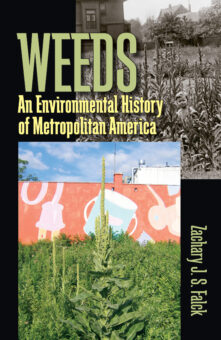
Weeds
An Environmental History of Metropolitan America
Total 43 results found.

